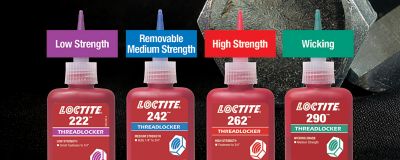I work at a fairly small instrument repair shop that is very respectable in terms of how they are seen and the work they do. One of the ways they do that is by refusing to try to work on instruments that would be hard to fix due to a weaker assembly or cheap setup; think Mendini/Cecilio, Jean Paul and other Amazon saxes. To my surprise, LA Sax was on that list of instruments. I had heard not generally positive things but also not negative things about the brand, and was wondering if anyone might have any explanation as to why we won't fix them- the list was written some time ago by someone that is no longer at the shop.
Thank you all for the discussion!
Thank you all for the discussion!





